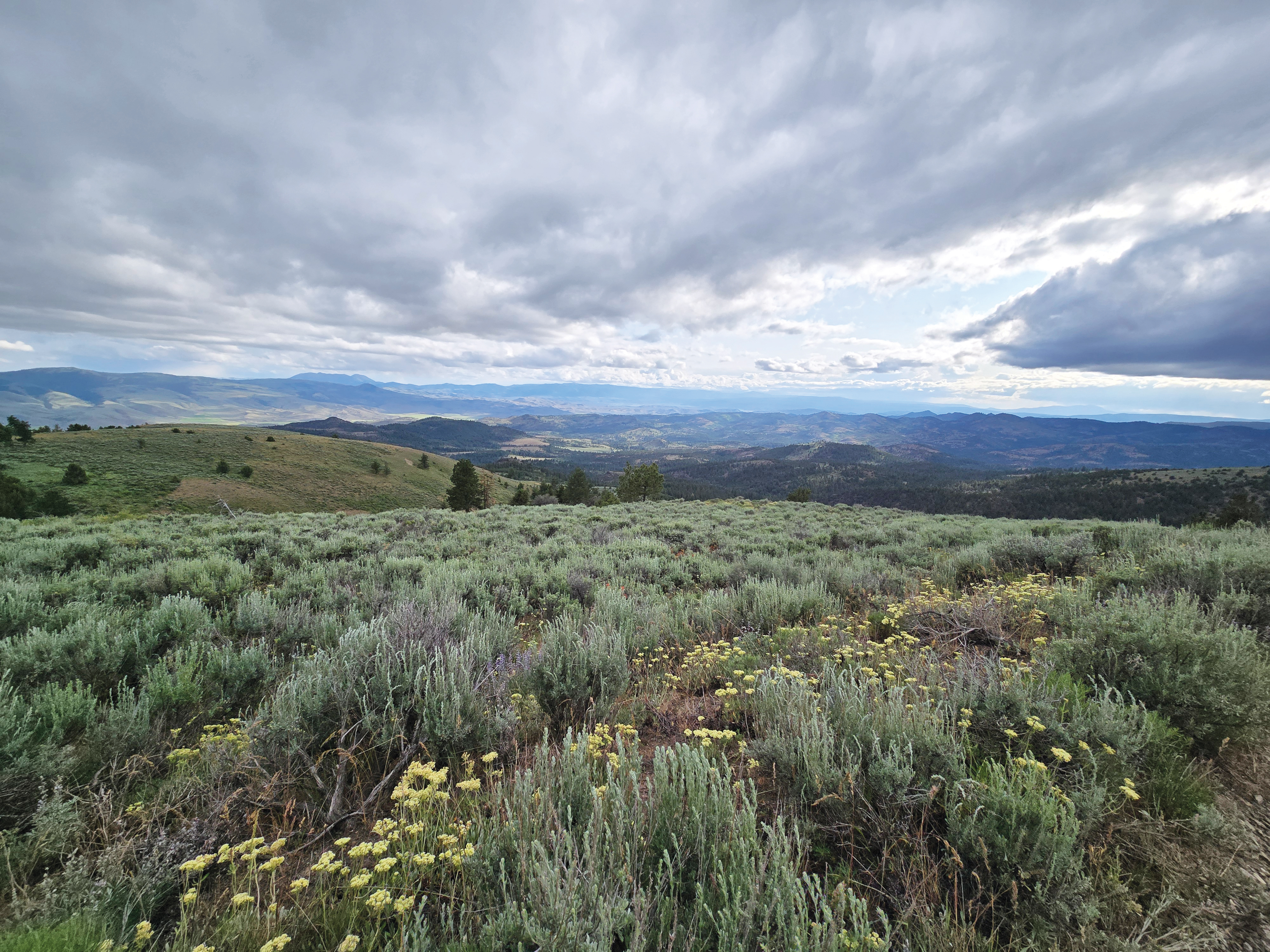All about coronavirus Covid-19
Published 2:27 pm Tuesday, March 3, 2020
With confirmed cases of the now pandemic–level coronavirus COVID-19 in the Pacific Northwest, including deaths in Oregon and Washington, and a confirmed case that shuttered the Wildhorse Casino on Monday, this new, fast-spreading disease is now on our doorstep.
The Wallowa County Health Care District will host a town hall meeting about precautions, preparations, recognition, and risks of the newly recognized coronavirus (COVID-19) Wednesday, March 4, at Cloverleaf Hall from 6-7 p.m. Titled “Prepare, Don’t Panic” the meeting will feature presentations by Dr. Elizabeth Powers and other providers including Terry Judd and Jenni Word. Additional details will be updated in this breaking story.
COVID-19 is a respiratory disease that generally effects the lungs most severely. Those with pulmonary health issues may be most at risk.
The following information from the Centers for Disease Control and from Winding Waters Community Health Center provides some information that may help you understand and prevent coronavirus COVID-19 in Wallowa County.
What is a coronavirus?
Coronaviruses are a family of viruses that can cause respiratory illness in people. Coronaviruses circulate among animals, including camels, cattle, cats, and bats.
How is the novel coronavirus, COVID-19 different from other coronaviruses?
Just as there are different types of related viruses that cause smallpox, chickenpox, and monkeypox, different coronaviruses cause different diseases in people. The Severe Acute Respiratory Syndrome (SARS) coronavirus causes SARS and the Middle East Respiratory Syndrome (MERS) coronavirus causes MERS.
The novel coronavirus, COVID-19 is one of seven types of known human coronaviruses. COVID-19, like the MERS and SARS coronaviruses, likely evolved from a virus previously found in animals. The remaining known coronaviruses cause a significant percentage of colds in adults and children, and these are not a serious threat for otherwise healthy adults.
What are the signs and symptoms of COVID-19 infection?
Patients with confirmed COVID-19 infection have reportedly had mild to severe respiratory illness with symptoms such as fever, cough, and shortness of breath, a temperature of greater than 100.4 F. Body aches and other flu-like symptoms are also common.
What should I do if I think I have been exposed to or infected with COVID-19?
Alert your healthcare provider immediately if you think you may be infected with COVID-19, including if you have been exposed to someone with the virus and have signs/symptoms of infection. If you are experiencing symptoms, you should tell your healthcare provider about any recent travel to areas where COVID-19 is spreading.
If you believe you have been exposed on the job, alert your supervisor or occupational health clinic immediately.
Should I wear a mask to prevent infection?
The CDC does not recommend that people who are well wear a face mask. However, face masks should be worn by those who are exhibiting symptoms, or have been diagnosed, or if you are a caregiver for a patient with COVID-19.
Recommended preventive measures:
• Cover your coughs and sneezes with tissue and then throw the tissue in the trash.
• Wash your hands often with soap and water for 20 seconds. If soap and water are not available, use an alcohol-based hand sanitizer that contains at least 60% alcohol.
• Avoid touching your eyes, nose, and mouth with unwashed hands.
• Avoid close contact with people who are sick.
• If you are sick, stay home and seek medical attention if needed.
• Clean and disinfect surfaces that are often touched.
• Take care of your health. Update vaccinations as needed, especially for flu, which is also a coronavirus.






